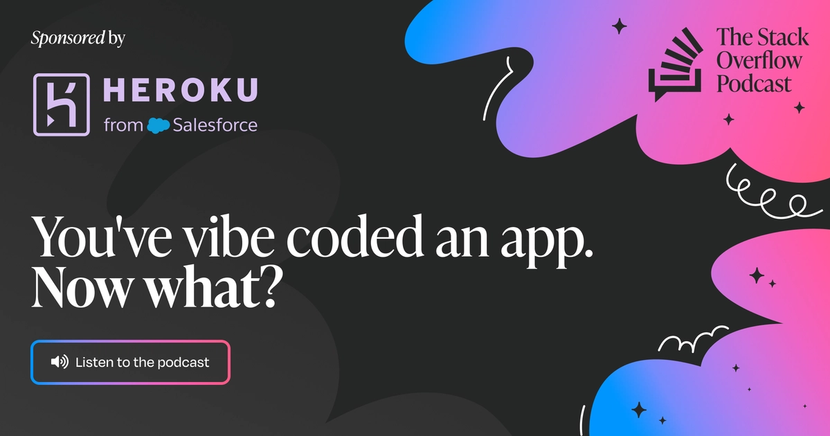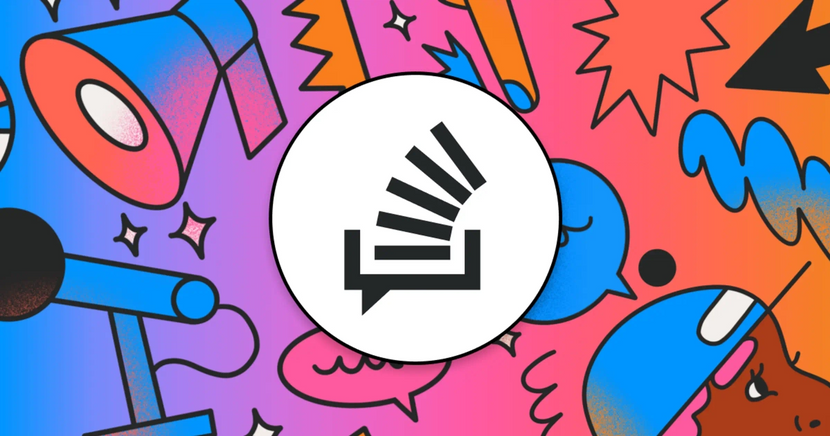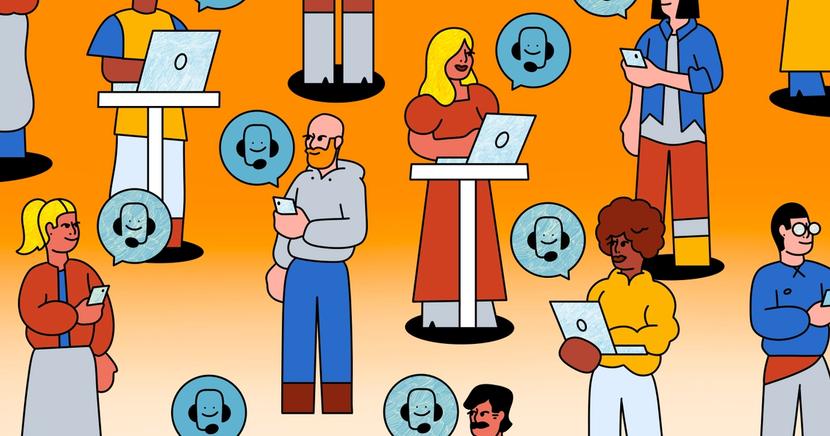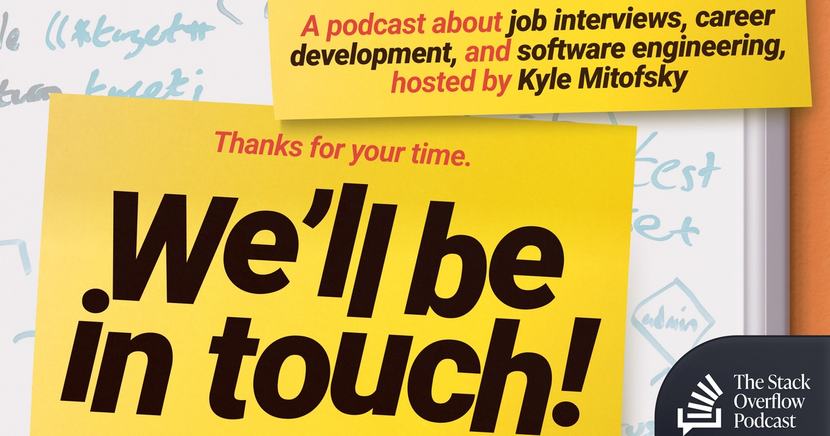Reliability for unreliable LLMs
Large language models are non-deterministic by design. Here's how you can inject a little bit of determinism into GenAI workflows.

Large language models are non-deterministic by design. Here's how you can inject a little bit of determinism into GenAI workflows.

On this episode, Ryan chats with Vish Abrams, chief architect at Heroku, about all the work that needs to be done after you’ve vibe coded your dream app.

As a generation characterized as "digital natives," the way Gen Z interacts with and consumes knowledge is rooted in their desire for instant gratification and personalization. How will this affect the future of knowledge management and the technologies of tomorrow?

Ryan is joined by Jan Seredynski, Mobile Security Researcher and Pentester at Guardsquare, to talk about how you protect your app when the attackers control the code and the device it runs on.

Snowflake customers can now easily enrich their AI applications and agentic systems with some of the most trusted, highest-quality data available while respecting our community members who provide this content with proper attribution.

Will Wilson, CEO and co-founder of Antithesis, joins Ryan and Stack Overflow senior director of engineering Ben Matthews on the podcast to discuss deterministic simulation testing, the pitfalls of chaos testing in an AI-driven world, and how testing can help developers deal with technical debt.

This year, we're not just collecting data; we're reflecting on the last year of questions, answers, hallucinations, job changes, tech stacks, memory allocations, models, systems and agents—together.

We’re always trying to make it easy for users to pick out the information they need and gain insights into their processes, so a natural language interface seemed like a dream.

Douwe Kiela, CEO and cofounder of Contextual AI, joins Ryan and Ben to explore the intricacies of retrieval-augmented generation (RAG). They discuss the early research Douwe did at Meta that jump started the whole thing, the challenges of hallucinations, and the significance of context windows in AI applications.

Kyle is joined by his former colleague Tyler McEntee, now a senior software engineer at Jona, to talk about doing everything all at once at a startup.

Matthew McCullough, VP of Product for Android Developer Experience, sits down with Ryan to talk advancements in Android development, enhancing developer efficiency and reducing routine toil, and the application of Gemini AI models to improve software toolchains.

Ryan is joined by Jeremy Edberg, CEO of DBOS, and Qian Li, co-founder of DBOS, to discuss durable execution and its use cases, its implementation using technologies like PostgreSQL, and its applications in machine learning pipelines and AI systems for reliability, debugging, and observability.

An update to the research that the User Experience team is running over the next quarter.

Christophe Coenraets, SVP of Developer Relations at Salesforce, tells Eira and Ben about building the new Salesforce Developer Edition, which includes access to the company’s agentic AI platform, Agentforce. Christophe explains how they solicited and incorporated feedback from the developer community in building the developer edition, what types of AI agents people are building, and the critical importance of guardrails and prompt engineering.

Money is pouring into the AI industry. Will software survive the disruption it causes?

Maryam Ashoori, Head of Product for watsonx.ai at IBM, joins Ryan and Eira to talk about the complexity of enterprise AI, the role of governance, the AI skill gap among developers, how AI coding tools impact developer productivity, what chain-of-thought reasoning entails, and what observability and monitoring look like for AI.

On this episode, Ryan chats with Henrik Rexed, Cloud Native Advocate at Dynatrace, about debugging cloud-based applications like you would a local app.

Ben Popper chats with CTO Abby Kearns about how Alembic is using composite AI and lessons learned from contract tracing and epidemiology to help companies map customer journeys and understand the ROI of their marketing spend. Ben and Abby also talk about where open-source models have the edge and the challenges startups face in building trust with big companies and securing the resources they need to grow.

Community “management” at its core is supporting and enabling communities to manage themselves.

Ryan welcomes Jeu George, cofounder and CEO of Orkes, to the show for a conversation about microservices orchestration. They talk through the evolution of microservices, the role of orchestration tools, and the importance of reliability in distributed systems. Their discussion also touches on the transition from open-source solutions to managed services, integration opportunities for AI agents, and the future of microservices in cloud computing.

You might already be familiar with the programming language best suited to building on blockchains.

At HumanX 2025, Ryan chatted with Rodrigo Liang, cofounder and CEO of SambaNova, about reimagining 30-year-old hardware architecture for the AI era.

Avoiding bad data is just as important in AI; it can open you to fines, lawsuits, and lost customers.

Ryan talks with Greg Fallon, CEO of Geminus, about the intersection of AI and physical infrastructure, the evolution of simulation technology, the role of synthetic data in machine learning, and the importance of building trust in AI systems. Their conversation also touches on automation, security concerns inherent in AI-driven infrastructure, and AI’s potential to revolutionize how complex infrastructure systems are managed.
